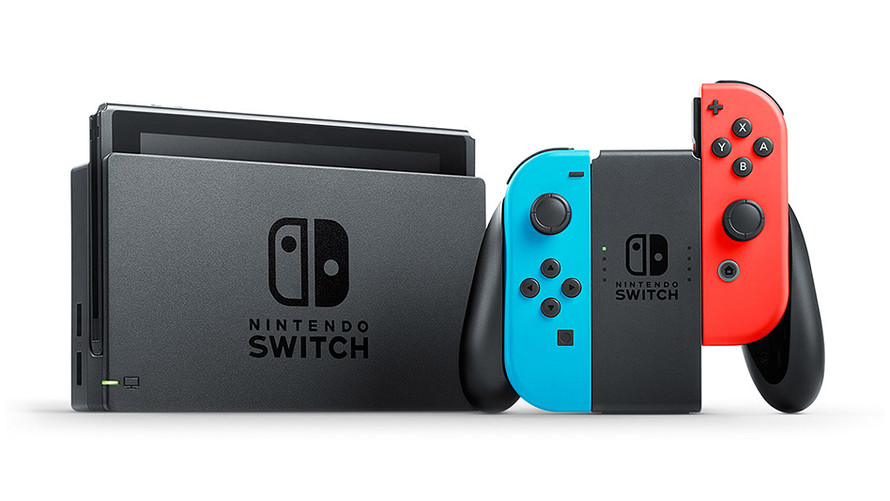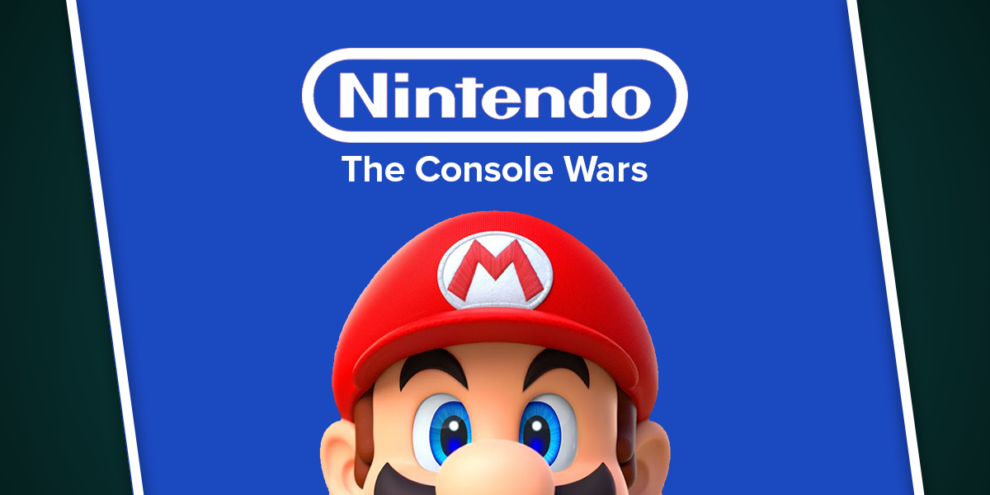In a thought-provoking discussion about the future of gaming hardware, former PlayStation boss Shawn Layden has offered a compelling perspective on the evolving console market, notably distinguishing Nintendo’s unique position from its traditional competitors. His recent interview with Eurogamer highlights growing questions about the sustainability of traditional console gaming while acknowledging Nintendo’s exceptional ability to operate by its own rules in the industry.
The gaming industry stands at a crossroads as platform boundaries continue to blur, with Xbox notably expanding its presence across multiple platforms and even rival consoles. This shift has sparked intense debate about the future viability of proprietary gaming hardware. However, Layden’s analysis suggests that standard industry predictions may not apply to Nintendo, describing the company as operating in its “Own Private Idaho, where the laws of physics apply in different sorts of ways.
This metaphorical description of Nintendo’s market position reflects the company’s long-standing strategy of charting its own course in the gaming industry. While PlayStation and Xbox have traditionally competed in a technological arms race, Nintendo has consistently pursued what business strategists call the “blue ocean strategy” – creating new market space rather than competing in existing ones.
The success of this approach is evident in Nintendo’s historical trajectory, particularly following the GameCube era. The company’s willingness to diverge from conventional gaming paradigms led to groundbreaking innovations like the Wii and DS systems, which opened up entirely new markets by appealing to previously untapped demographics. This strategy continued with the Switch, which revolutionized console gaming by introducing true hybrid functionality, seamlessly bridging the gap between home and portable gaming.
Interestingly, even apparent missteps have contributed to Nintendo’s evolution. The Wii U, while commercially less successful than its predecessors, played a crucial role in developing the concepts that would later define the Switch’s success, according to former Nintendo of America president Reggie Fils-Aimé. This example demonstrates Nintendo’s ability to learn from and build upon its experiences, even when facing market challenges.
Layden’s comments raise particular concerns about the traditional console rivalry between Xbox and PlayStation, comparing it to the historic Ali versus Frazier boxing matches. His suggestion that the industry needs to “start interrogating what the purpose is of a proprietary console” reflects growing uncertainty about the traditional gaming hardware model. However, his explicit exemption of Nintendo from this critique underscores the company’s unique market position.
The distinction Layden draws between Nintendo and its competitors reflects a deeper truth about the gaming industry: success doesn’t necessarily require competing directly in the same space as other major players. Nintendo’s ability to maintain its distinct identity while consistently innovating has allowed it to operate largely independently of the industry’s broader trends and challenges.
This independence has historically served Nintendo well, allowing it to focus on its strengths in game design and innovative hardware concepts rather than becoming embroiled in the specifications arms race that often characterizes console competition. The company’s emphasis on unique gaming experiences and innovative control methods has created a market position that’s largely insulated from the pressures facing other console manufacturers.
As the gaming industry continues to evolve, with cloud gaming, cross-platform play, and subscription services becoming increasingly prominent, Nintendo’s unique approach may prove more valuable than ever. While other companies grapple with questions about the future of proprietary hardware, Nintendo’s focus on distinctive gaming experiences and innovative hardware solutions suggests it may be better positioned to weather industry changes.
The coming years will likely bring significant changes to the gaming industry, but Layden’s comments suggest that Nintendo’s unique market position and strategy may continue to serve as a buffer against the uncertainties facing traditional console gaming. As the industry evolves, Nintendo’s ability to march to its own drummer while maintaining strong market presence could serve as a valuable lesson in sustainable gaming business models.
















Add Comment